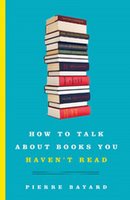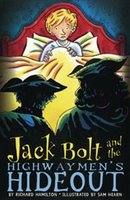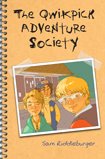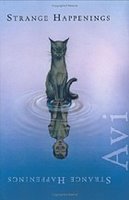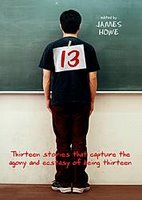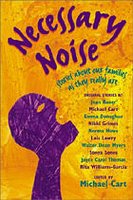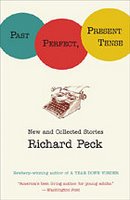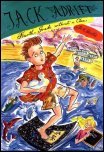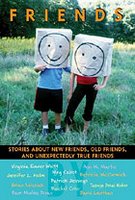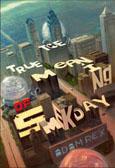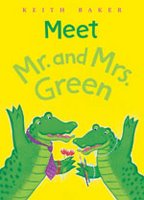
To celebrate the publication of A Girl, a Boy, and Three Robbers on Thursday, I'm blogging about other books for younger kids this week.
I came upon the Mr. and Mrs. Green Books by Keith Baker during that period when I was looking for short stories. Like Zelda and Ivy, these stories are for the younger chapter book readers-color illustrations on each page with limited amounts of text. The Mr. and Mrs. Green stories in the two books I read all dealt with common childhood activities, such as camping, eating, going to the fair, taking part in a talent show, and losing things. Though these are common childhood activities, Mr. and Mrs. Green aren't children, but adults. Okay, they're adult alligators, but they're adults.
Children's books are supposed to center on children, but it's not unusual to find adult animals in very young children's books. I, personally, prefer my animal characters to be children, if they're going to be animals at all, and I've wondered why put adults in a kids' book.
Then today I realized that making adults animals really cuts the grown-ups down to size. And when the adult animals are a couple, it's not unusual for the husband to be childlike in addition to being an animal the way Mr. Green is here. Also think poor Dad Berenstain. The wives, on the other hand, are highly efficient caretakers.
So in our culture, the stereotypical male head of family is an imposing, powerful figure. In our animal children's books, we make him childlike if not an out and out bumblioni. In our culture, the stereotypical female co-head of family is a nurturing, loving figure. In our animal children's books, we make her a maternal goddess.
I so wish I'd taken more than Psych 1 so I could figure out what's going on here. Wait! Unle-e-e-essss, the male figure is supposed to be the child--of either sex--who is fearful and sometimes foolish and the female figure is a comforter who makes everything okay. Hmmm. That could work.
In which case, the Mr. and Mrs. Green books could provide young child readers with some easy reads about familiar situations that should make them feel comfortable.
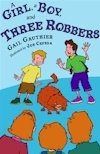
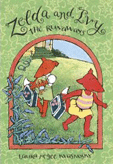
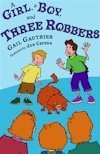
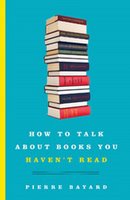
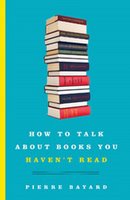 When Pierre Bayard talks about
When Pierre Bayard talks about 